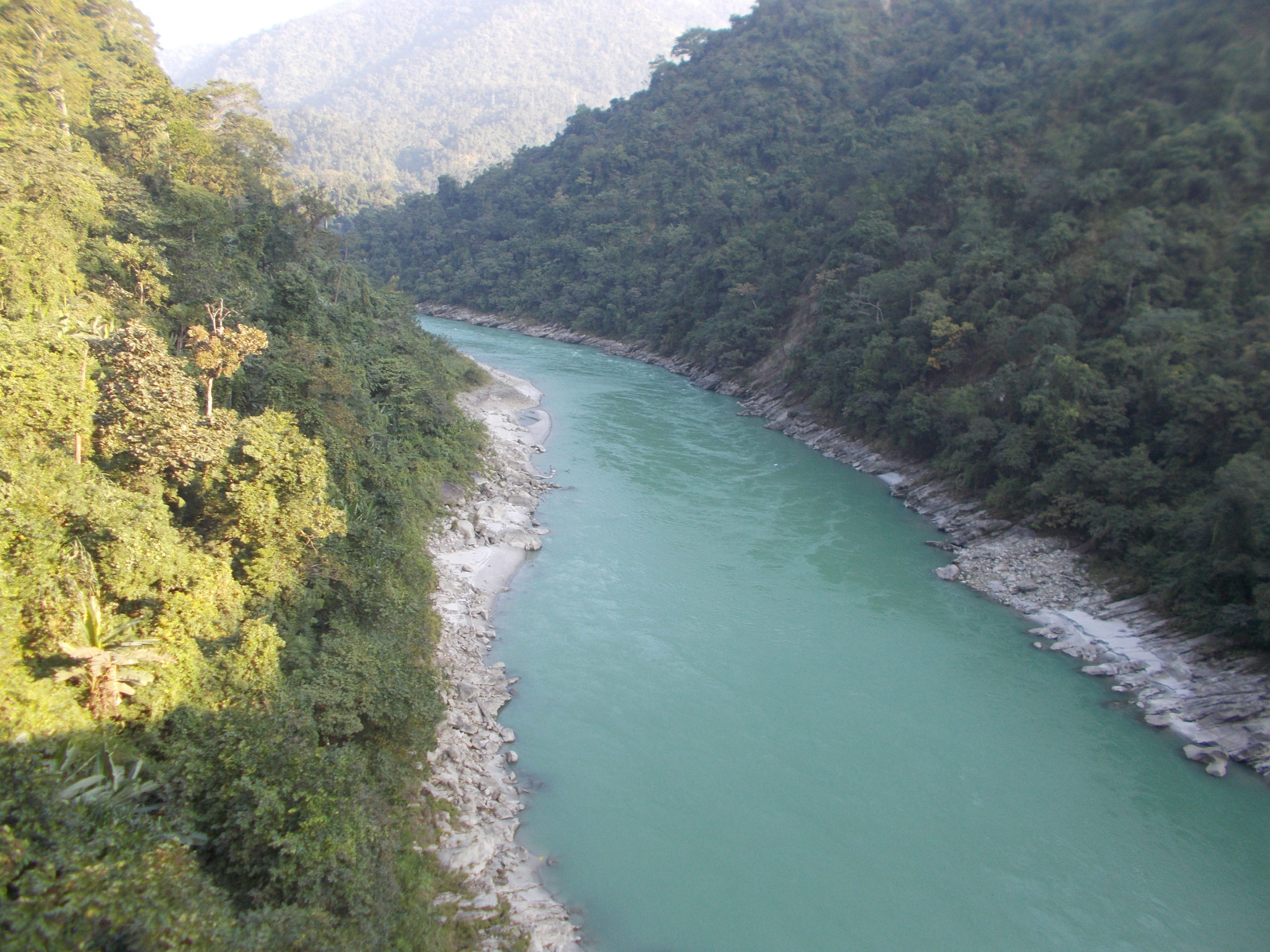Teesta River Management
The Teesta River, a vital waterway for both India and Bangladesh, is once again at the centre of diplomatic tensions. Bangladesh has sought China’s assistance for the Teesta River Comprehensive Management and Restoration Project (TRCMRP). This move raises concerns in New Delhi regarding China’s increasing influence in South Asia.
About Teesta River
- The Teesta River flows through India and Bangladesh, impacting millions.
- It stretches 414 km, with 151 km in Sikkim, 142 km in West Bengal, and 121 km in Bangladesh.
- The river is crucial for agriculture, drinking water, and sustaining biodiversity.
- However, its water-sharing has been a contentious issue, particularly during lean seasons.
Teesta Water-Sharing Dispute
The water-sharing agreement has been stalled for years due to political sensitivities in India, particularly opposition from West Bengal’s Chief Minister, Mamata Banerjee. The river’s flow into Bangladesh has caused political and diplomatic friction. Past negotiations, including a near-agreement during Prime Minister Manmohan Singh’s 2011 visit, have failed to produce a consensus.
Teesta River Comprehensive Management and Restoration Project (TRCMRP)
The TRCMRP aims to address water resource management, flood control, and ecosystem restoration. Initiated by Bangladesh, it seeks to ensure sustainable water distribution, prevent floods, and reduce pollution. The project also focuses on community engagement in conservation efforts. PowerChina has been contracted to conduct feasibility studies and assist in project implementation.
India’s Response and Concerns
In response to Bangladesh’s engagement with China, India announced plans to send a technical team to discuss the Teesta management project. This decision is seen as an attempt to maintain influence in the region. However, India’s concerns stem from China’s growing presence and potential espionage activities related to the project.
China’s Role in the Teesta Project
China’s involvement in the TRCMRP has been framed within a broader context of its strategic interests in South Asia. The 2016 agreements between China and Bangladesh included investments in various sectors, including river management. The signing of the MoU between Bangladesh Water Development Board and PowerChina has intensified India’s apprehensions.
Future Implications
Bangladesh’s renewed approach to China for the Teesta project could shift regional dynamics. The interim Bangladeshi government has set conditions for the project, including public hearings and a finalised masterplan by December 2026. Experts suggest that a multilateral approach involving India, China, and international financial institutions may be necessary for effective management.
Geopolitical Context
The Teesta River basin is strategically located near India’s northeastern corridor. Increased Chinese influence in Bangladesh raises security concerns for India, particularly regarding border stability. The potential formation of a Bangladesh-China-Pakistan axis further complicates the geopolitical landscape.
Month: Current Affairs - February, 2025
Category: International / World Current Affairs






